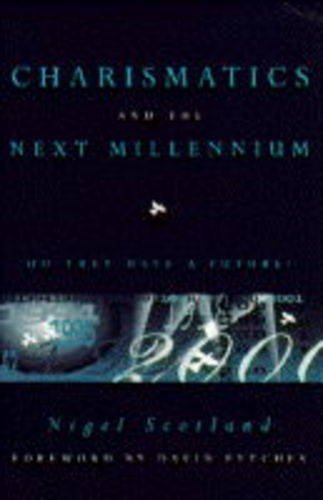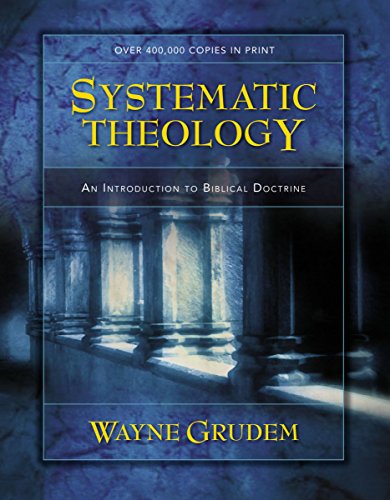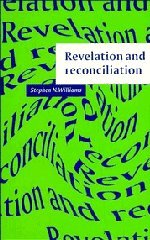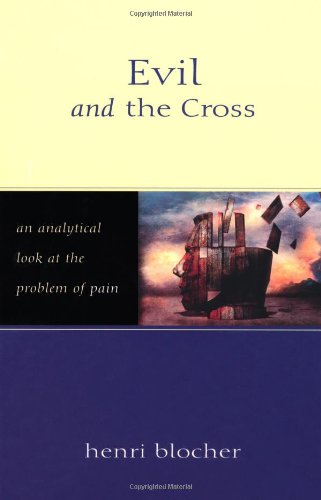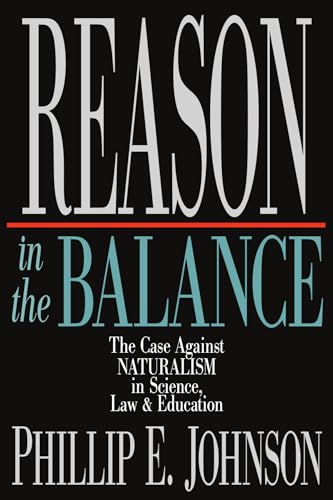Dr Scott teaches philosophy at Purdue University, and has long been interested in Augustine. One senses that, given the shape of Augustine’s central teaching as he understands them, he is both bemused and even a little irritated that the African father continues to fascinate so many moderns. The book comprises three somewhat discrete parts. The first sketches ‘Augustine’s World’, with a particular eye on the triumph of Christianity to in and over the Roman Empire. By the time Augustine became bishop, although competition from other cults had not ceased, the Christian victory was beyond doubt. It was accompanied by a two-way accommodation in ideology, with Christian thinkers emerging as ideologists of the Empire by means of a theology that appealed to both ‘gentlemen’ (a favourite term) and the masses.
In the second part Scott traces Augustine’s adoption of ‘the imperial myth’ the key to which is his concept of God as emperor, supremely powerful and beneficent. This theology served the interests of the ruling gentry but also met with universal satisfaction. Scrott finds this myth in Augustine’s early works On Free Will, which was finished by the year 395 when he became bishop in Hippo. It is a bold interpreter of Augustine who affirms that by this time his conception of God was ‘complete’—not least in the light of the long and slightly embarrassed entry he devotes to this work three decades later in his Revisions (Retractationes). While the main lineaments of the Augustinian theology seem to be soundly drawn, I question the wisdom of labelling it ‘imperial’—without at least taking full measure of the City of God’s deliberate demythologizing of the Roman state. I note that Robert Markus’s Saeculum is not among Scott’ sources (although he provides neither bibliography nor author index). To present Augustine’s imperial-myth theology as the one that would dominate the West for centuries fails to take account of his abandonment (after On Free Will) of a Eusebian-type reading of Roman imperial history, and of that pervasive medieval misreading of the City of God for which Orosius was not a little to blame.
‘Augustinianism’, in the sense of what was once called ‘the doctrines of grace’, is the subject of part three. At its core for Scott is the absolute supremacy of God and the absolute dependence of human beings on his mercy. He spends most of this part analysing Augustine’s view of predestination, which he regards him as holding in the strongest forms. ‘There is no event which is such that God permits it to occur but does not actively choose and will it to occur.’ Again Scott believes that Augustine’s doctrine of predestination was finalized by 396, although he does look forward as far as On the Spirit and the Letter, one of his first anti-Pelagian works of 412. Scott’s chief interest lies in demonstrating the compatibility of this ‘strongest possible’ variety of predestinarianism (a surprising claim in itself: Calvin parallels reprobation and election-to-life much more consistently than Augustine, perhaps in a ‘super-strongest’ form) with his developed understanding of freedom of will. The author’s analysis of the latter is one of the most satisfying sections of the book. But he has not provided evidence which would justify the breathtaking assertion that Augustine’s God not only permits every sin that is perpetrated but ‘actively chooses and wills it to occur’.
This, then, is a less than fully persuasive account of Augustine’s thought. It will appeal most to the philosophically theologically minded. ‘E. R. Dods’ is a conflation of Marcus Dods, translator of Augustine in the late 1800s, and E. R. Dodds, his psycho-analytical interpreter a century later.
David F. Wright
David Wright is the Professor of Patristic and Reformed Christianity at New College, Edinburgh University. Amongst his specialist areas for teaching and research are infant baptism, Augustine and the Reformation.



